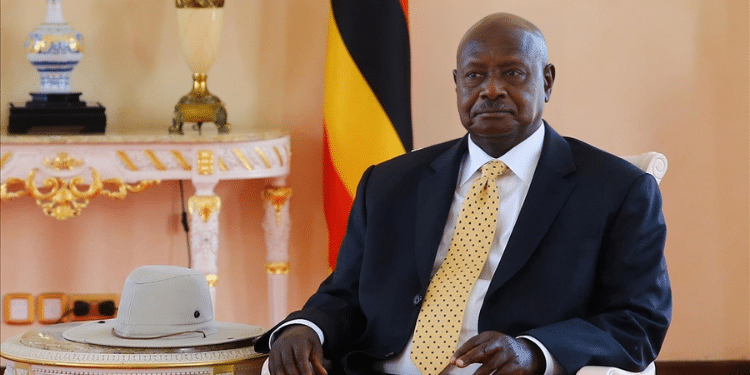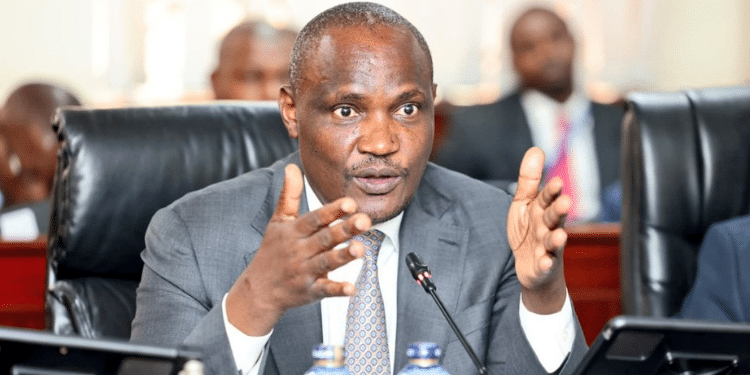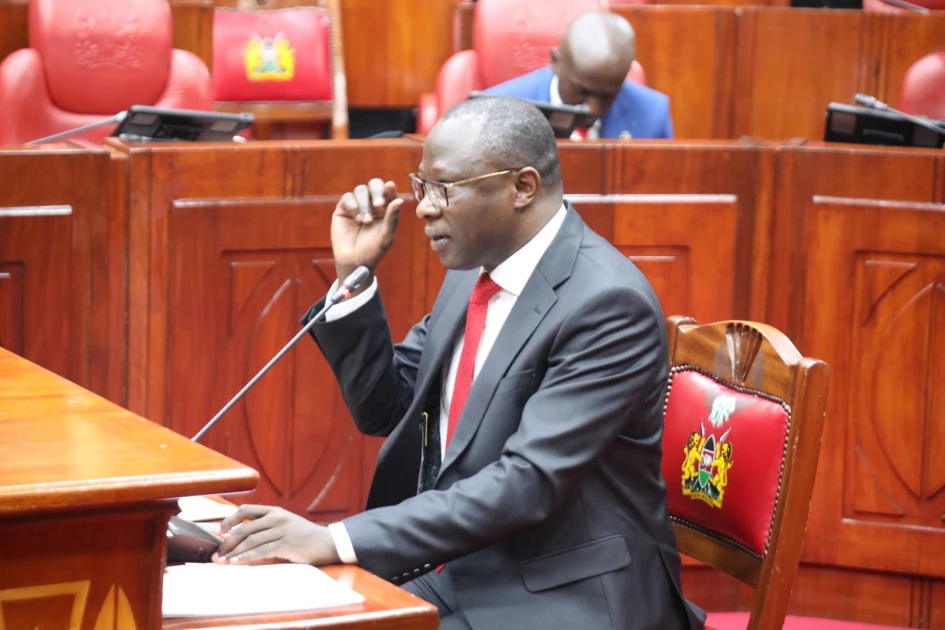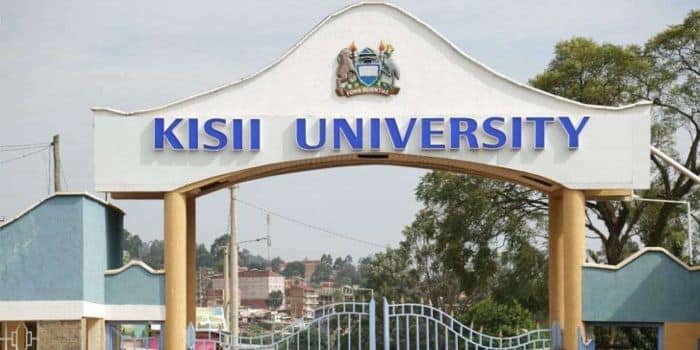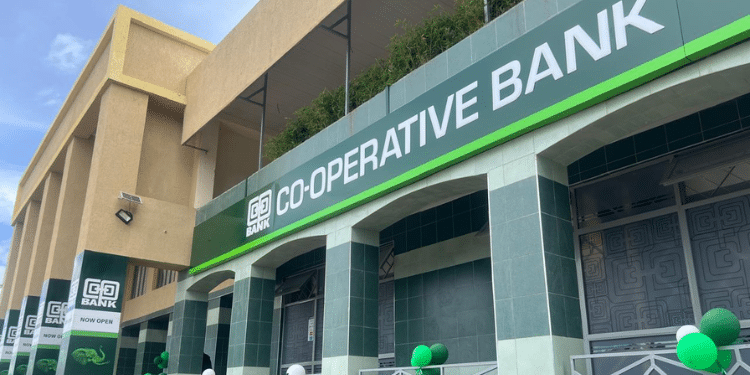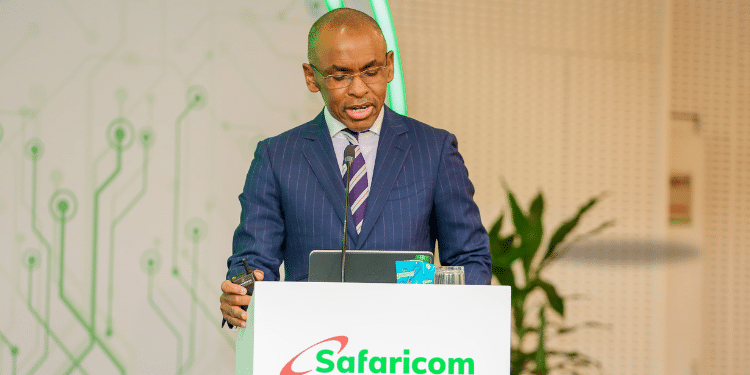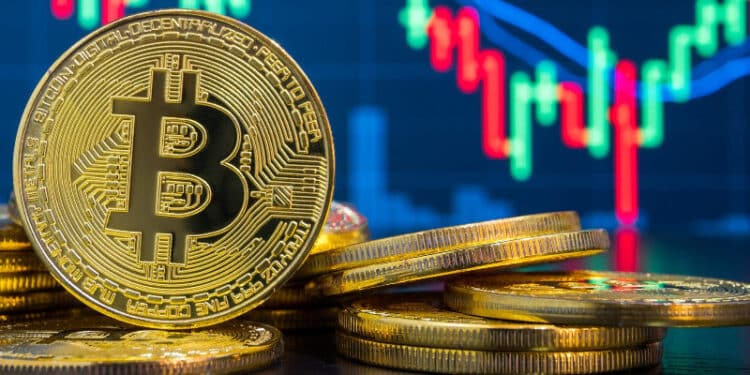The world of finance and technology is witnessing a groundbreaking transformation with the rise of cryptocurrencies.
Bitcoin, the pioneer of the movement, and the more recent Worldcoin are sparking discussions about the future of money, global economic systems, and technological innovation.
As these digital currencies gain traction, it is essential to delve into their implications, potential benefits, and challenges they bring to the forefront.
Rise of digital currencies
The Rise of Bitcoin as the digital gold standard begun in 2009 when the concept of digital currencies was introduced.

Often referred to as “digital gold,” Bitcoin’s scarcity and blockchain technology underpin its value proposition.
Acting as a store of value and a hedge against traditional financial uncertainties, Bitcoin has captured the attention of institutional investors, businesses, and retail investors alike.
Its decentralized nature also challenges traditional financial intermediaries, offering an alternative means of transferring value across borders.
In the wake of Bitcoin’s success, Worldcoin has emerged with a unique vision: to create a universal cryptocurrency that’s accessible to every individual on the planet.
Powered by the vision of global accessibility, innovative distribution methods and utilizing biometric identification, Worldcoin aims to provide a basic income to every eligible person.
This in its view – will address economic inequality and foster financial inclusion. Indeed – this is an audacious goal and, in many ways, brings to light the potential cryptocurrencies hold in reshaping societal structures and eradicating poverty on a global scale.

Why Bitcoin and Worldcoin are attention
First there is the idea of financial Inclusion. The belief is that cryptocurrencies like Worldcoin could potentially provide financial services to the unbanked and underbanked populations, offering them access to a secure and digital form of money.
Second is that cryptocurrencies could offer more efficient cross-border transactions. Both Bitcoin and Worldcoin have the potential to revolutionize cross-border transactions by eliminating intermediaries and reducing transaction times and costs.
Thirdly these digital currencies challenge traditional centralized financial systems, promoting decentralization and user empowerment.
Fourthly the development of cryptocurrencies has led to advancements in blockchain technology, fostering innovation across various industries beyond finance.
Are there challenges that must be addressed? Absolutely!
One of the key challenges is volatility. The inherent price volatility of cryptocurrencies can deter their adoption as stable forms of currency or stores of value.
Another key challenge is regulatory concerns as seen recently in Kenya. Governments worldwide are grappling with the regulatory implications of cryptocurrencies, aiming to strike a balance between innovation and consumer protection.
The Worldcoin Kenya debacle shall be discussed in this article. Another challenge is the environmental Impact. The energy-intensive process of cryptocurrency mining, particularly in the case of Bitcoin, raises concerns about its carbon footprint and sustainability.
Finally – while blockchain technology offers security, the prevalence of hacks, scams, and thefts highlights the need for enhanced cybersecurity measures.

Also Read: Kenyans Cautioned Over WorldCoin Risks
Worldcoin craze and confusion
Speaking of regulatory and security concerns – on July 31st and August 1st, 2023, thousands of Kenyans visited 13 Quickmart outlets across Nairobi to have their eyeballs scanned.
On August 2, 2023, the government of Kenya suspended Worldcoin activities over security concerns. The project, which was founded by OpenAI CEO Sam Altman, offers free cryptocurrency tokens to people who agree to have their eyeballs scanned.
Thousands of Kenyans had signed up for Worldcoin as of August 2, in exchange for free cryptocurrency tokens worth around 7,000 Kenyan shillings ($49).
The Kenyan government suspended Worldcoin’s activities citing data privacy concerns.
At the same time, the government was concerned about how the company would store and use the biometric data collected from Kenyans.
In addition, the government also expressed concern that the project was not regulated in Kenya.
When asked, the Data Commissioner explained that Worldcoin had been given a certificate from ODPC – which is not a confirmation of compliance to the Data Protection Act (DPA) of 2019. This was not a license to operate in Kenya.
Also Read: We Gave Worldcoin Certificate Not Licence – Data Commissioner
Worldcoin Debate
The suspension of Worldcoin in Kenya has raised concerns about the future of the project. It is unclear whether Worldcoin will be able to resume its activities in Kenya, or in other countries where it has faced similar concerns.
Specific privacy and security concerns raise by the Kenya government include the lack of transparency by Worldcoin about how it will store and use the biometric data collected from users.
Also, the risk that the data could be hacked or sold to third parties and the fact that the project is not regulated in many countries, which means that there is no way to ensure that the company will comply with data privacy laws.
As a result of these concerns, some experts have warned people against participating in Worldcoin. They have argued that the risks of giving the company your biometric data outweigh the potential benefits of receiving free cryptocurrency tokens.

Also Read: Govt Suspends Worldcoin Operations in Kenya
Data Privacy
The Data Commissioner also added that there needs to be a multi-ministerial approach to address the data privacy issues around Artificial Intelligence because data protection is one, BUT there are other issues like clarity in terms of storage of data, cyber security, cryptocurrency which don’t fall only at the desk of the Data Commissioner and it requires as round table discussion as a country on how we can deal with these emerging issues.
Bitcoins and Worldcoin represent two distinct yet interconnected pathways within the world of cryptocurrencies.
While Bitcoin’s role as a store of value continues to evolve, Worldcoin’s ambitious vision of global accessibility and economic equality showcases the transformative potential of digital currencies.
As these cryptocurrencies reshape financial landscapes and challenge conventional norms, the conversation around their impact should encompass not only their benefits but also the challenges they bring.
The ongoing dialogue between innovation, regulation, and societal impact will shape the trajectory of cryptocurrencies in the years to come.


